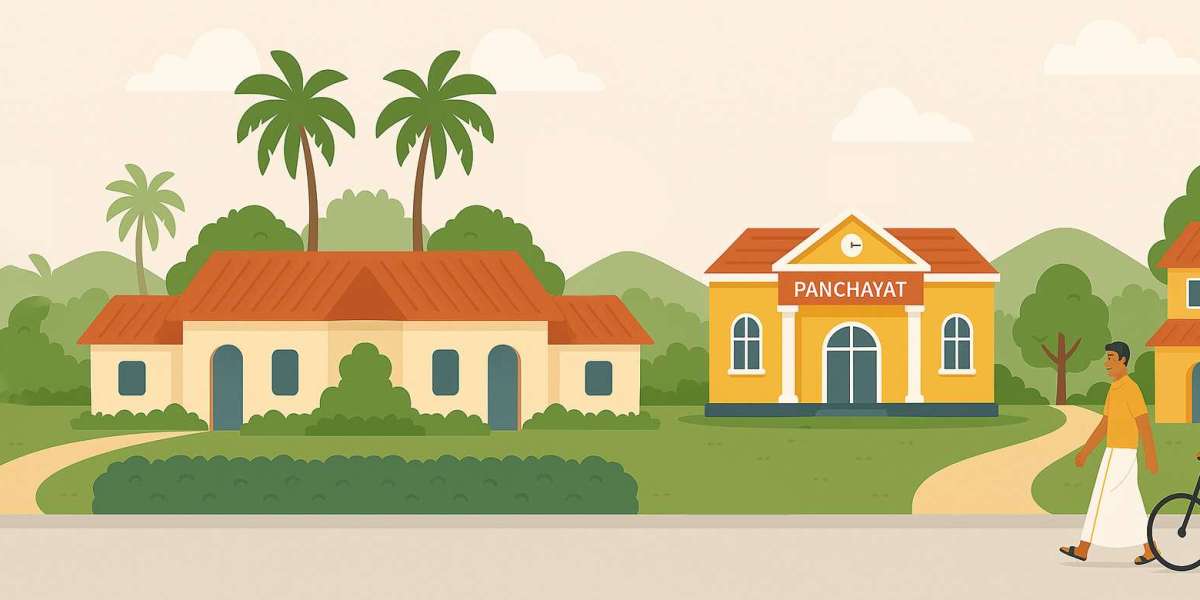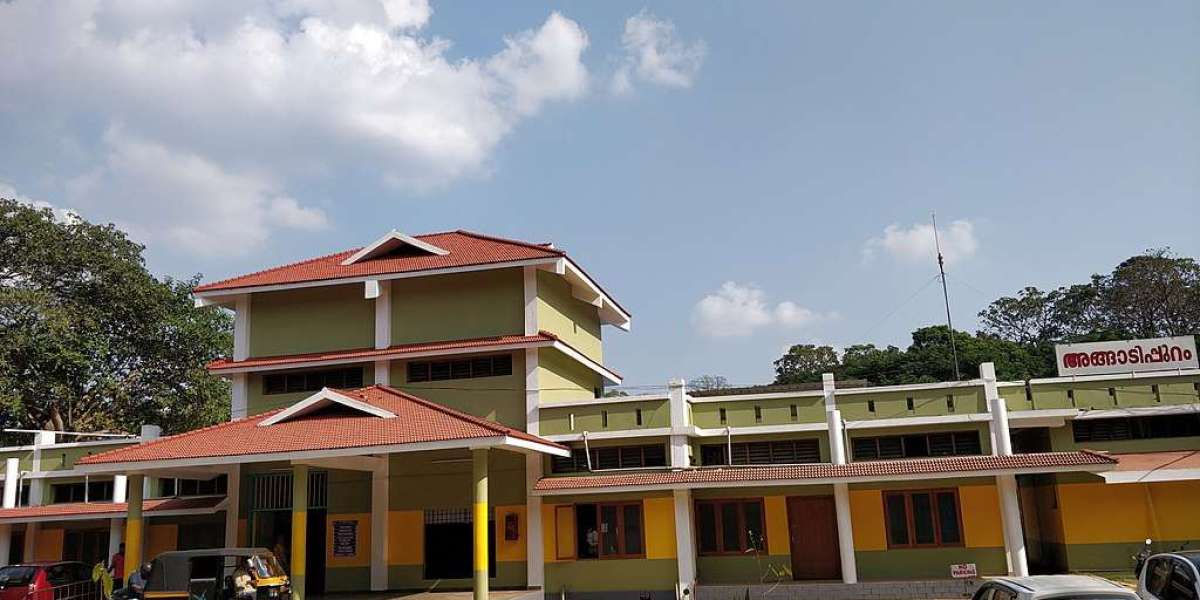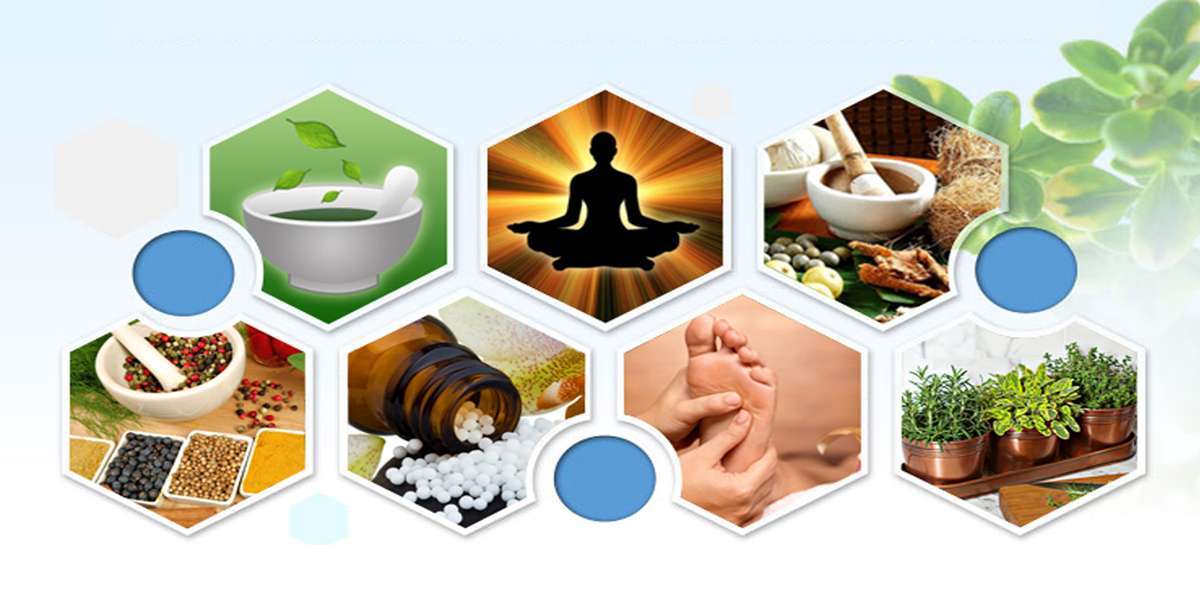Across Kerala, Local Self-Government Departments (LSGDs) have long believed that governance is most effective when it starts from the people. From issues as small as a malfunctioning streetlight to critical concerns like water leakage, blocked drains, pothole-ridden roads, or uncollected garbage, the residents are encouraged to report, suggest, and participate.
Traditionally, this happened through Grama Sabha meetings held on fixed dates. But now, with the advent of WeOne, a digital transformation is quietly empowering this dialogue 24x7. The app, designed as a virtual extension of every ward, gives residents the power to raise issues directly, tag their location, interact with officials, and even track the progress of their grievances, all without leaving their home. In a state where people are deeply aware and vocal about civic needs, WeOne simply hands them a stronger, smarter megaphone. LSGD together with WeOne takes a decisive leap from digital literacy to digital empowerment of citizens.
What’s even more inspiring is how citizens are not just reporting problems—they’re resolving them through collaborative civic action. In several wards, virtual Grama Sabha discussions on WeOne have led to collective action plans: from forming resident cleanup squads to convincing local contractors to repair unused playgrounds, to creating tuition corners in library spaces. These online meetings, moderated by elected ward members or councillors, are becoming platforms of possibility. People who once felt unheard now feel part of the solution. A homemaker suggesting a better waste-segregation model, a student reporting road hazard spots on her commute, shopkeeper pooling funds to fix drainage, all these micro-actions are adding up to macro change. WeOne makes it visible, trackable, and repeatable showing how active citizenship is not about waiting for change but initiating it.
At the heart of this is a revival of civic sense. Kerala, known for its high literacy and education standards, can now reflect that excellence in day-to-day behaviors like segregating waste, respecting public spaces, following water-use guidelines, or participating in sanitation drives. Through WeOne, local bodies are rolling out ward-level awareness campaigns, school competitions, street-side exhibitions, and digital nudges that make people pause and act. Posters with QR codes linking to issue threads, awareness reels made by local youth clubs, and "civic points" for model behavior are creating a culture where good citizenship becomes contagious. The result? A community that not only expects better governance, but is also ready to co-create it.
A key factor reinforcing this shift is the strict enforcement of civic regulations through timely penalties. Activities that violate Panchayat, Municipal, or Corporation laws—like public space infringement on footpaths, illegal street vending, dumping waste water into roads, or flouting Shuchitwa Mission protocols—are now being monitored more efficiently. With WeOne, residents can report such violations directly, attaching photos, videos, or location details that go straight to the responsible official. This not only improves responsiveness but also strengthens the hands of enforcement teams, helping them issue fines and collect penalty revenues effectively. The transparency of reporting creates collective accountability, and the act of citizens reporting civic violations fosters a stronger culture of lawfulness. In turn, the visible consequences—warnings, fines, clean-ups—serve as public reminders that good civic behavior is both expected and enforceable.
In this new era of digital civic life, WeOne isn’t just a tool. It’s a mirror of our collective responsibility. And it’s making sure every voice, however small, truly counts.







